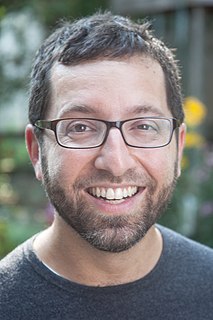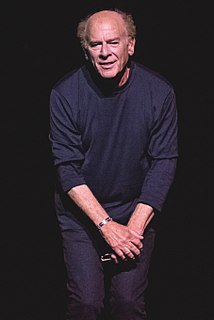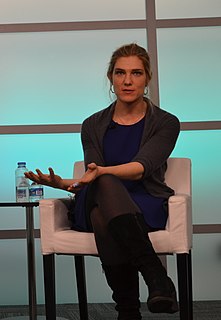A Quote by DeRay Mckesson
I think about all of my students who were math-phobic, who didn't believe they could learn math, who didn't understand, who didn't think they were smart enough, and by the end, they understood that they already had the gifts, and my job was to help them access them, and I believe that.
Related Quotes
I noticed there were so many people, especially women, who would come up to me having recognized me from TV and say, 'I heard you were a math person, why math? Oh my gosh, I could never do math!' I could just see their self-esteem crumbling; I thought that was silly, so I wanted to make math more friendly and accessible.
There are two versions of math in the lives of many Americans: the strange and boring subject that they encountered in classrooms and an interesting set of ideas that is the math of the world, and is curiously different and surprisingly engaging. Our task is to introduce this second version to today's students, get them excited about math, and prepare them for the future.
You know, students who major in elementary education - they're going to be grade school teachers - they have the highest rates of math anxiety of any college major. And they bring that into the classroom. So you find students being introduced to math concepts by teachers who may have not only a lack of training but also a lack of enthusiasm about math.
Veronika had noticed that a lot of people she knew would talk about the horros in other people's lives as if they were genuinely concerned to help them, but the truth was that they took pleasure in the suffering of others, because that made them believe they were happy and that life had been generous with them





































